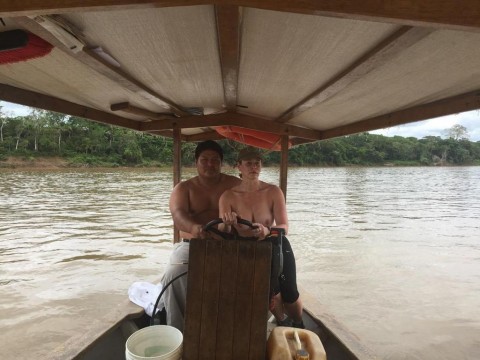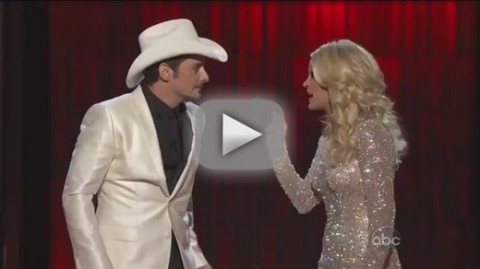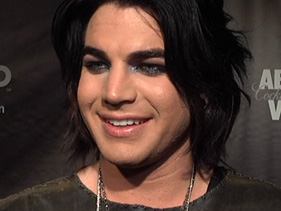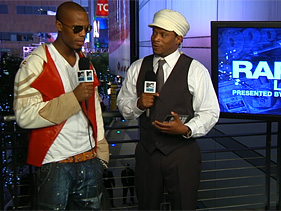Former England rugby international known as a maverick character in a monochrome side England’s current doleful, po-faced rugby tour of Australia would not have been to the liking of Andy Ripley, who has died aged 62 of prostate cancer. Ripley was the last of the great Corinthian sportsmen who played rugby union for fun. For him, the sport, which turned professional in 1995, was never about money. It was a means of self-expression. Ripley won 24 caps for England between 1972 and 1976, and scored two tries. As now, it was not a happy time for an England team constantly in the shadow of a great Wales side. In fact, England lurched between the sublime and the ridiculous. In the space of 18 months, they beat the three southern hemisphere giants: South Africa 18-9 in Johannesburg; New Zealand 16-10 in Auckland; and Australia 20-3 at Twickenham, with Ripley scoring one of the tries. But during his all too brief time in the England back row, the side always finished bottom of what was then the Five Nations championship. Ripley, the No8 in a back row of Peter Dixon and Tony Neary, was a distinctive figure on the pitch. A rangy athlete, with a long stride to match his flowing long hair, he was a maverick character in a monochrome side. Ripley played with an elan more associated with the Welsh side of that golden era, or the French team that in those days would run rings around the yeoman England side. It was on the 1974 Lions tour to South Africa that Ripley was able to give rein to his talents. The team that beat the Springboks was the greatest to leave these shores and, even then, Ripley had to play second fiddle to Mervyn Davies, the Wales No8, who played in all four Tests. Ripley, so often the insouciant Englishman, recently admitted that not making that Test team had left him “devastated”, while Davies has said that Ripley was his most difficult opponent. Born in Liverpool, Ripley had only taken up rugby at the age of 19 while at the University of East Anglia. He played his last game for England against Scotland in 1976 (inevitably England were beaten at Murrayfield), but he continued to play rugby for his club, Rosslyn Park, until the age of 41. In his international playing days, rugby union was an amateur game that received little attention, but somehow Ripley became even more famous as an ex-player. In 1978, this all-round athlete reached the semi-finals of the AAA championships in the 400m. Two years later, he won the BBC series Superstars, in which well-known sportsmen of the day competed in a number of disciplines. Typically, Ripley, in his working life a city gent with the United Bank of Kuwait, gave the £8,000 prize he won in the Superstars competition to the Rugby Football Union. “I reckoned that once I paid tax on it, I would be lucky to buy a second-hand Mini,” he said. More pertinently, Ripley knew that Twickenham would then frown upon a player in an amateur game making money from rugby-related earnings. Five years later, he published Ripley’s Rugby Rubbish (1985), a typically eccentric collection of musings and pictures with mocking captions. Ripley appeared on the BBC’s Wogan programme to plug his book, which he dismissed as a “load of twaddle” and again he gave the profits away, this time to the NSPCC. As he entered middle age, Ripley continued to excel at sport. He was a triathlete, became the world indoor veterans rowing champion and he almost qualified to row in the Boat Race. He continued his association with Rosslyn Park, the unfashionable south-west London club whose ground on the South Circular had barely changed since his playing days. When the English domestic game turned professional in 1996, Rosslyn Park stayed strictly amateur and Ripley pined for what was being lost. In an interview with the London Evening Standard, he railed against professionalism. “Friendship and loyalty have been smashed,” he said. “Rugby has lost its heroes. I want to have heroic figures out there. If they’re chasing a few quid like me I don’t like it. It devalues them. It means they are marionettes, puppets, manipulated by people with money.” He went on to admit he was a “nostalgic, sentimental old buffer”. As usual, though, the light tone hid a serious point. Life was to get more serious and in 2005 he was diagnosed with prostate cancer. Ripley remained characteristically good-humoured and became an ambassador for the Prostate Cancer Charity. He was recently made an OBE in the 2010 Birthday Honours. Jean-Pierre Rives, another rugby eccentric and contemporary of Ripley’s in the French back row, once said: “Rugby needs people like Andy. You can still meet people like him in the game, and that proves to me that rugby still has spirit.” Ripley is survived by his wife, Elizabeth, and three children. • Andrew George Ripley, rugby player and athlete, born 1 December 1947; died 17 June 2010 Rugby union Ian Malin guardian.co.uk
Follow this link:
Andy Ripley obituary
































